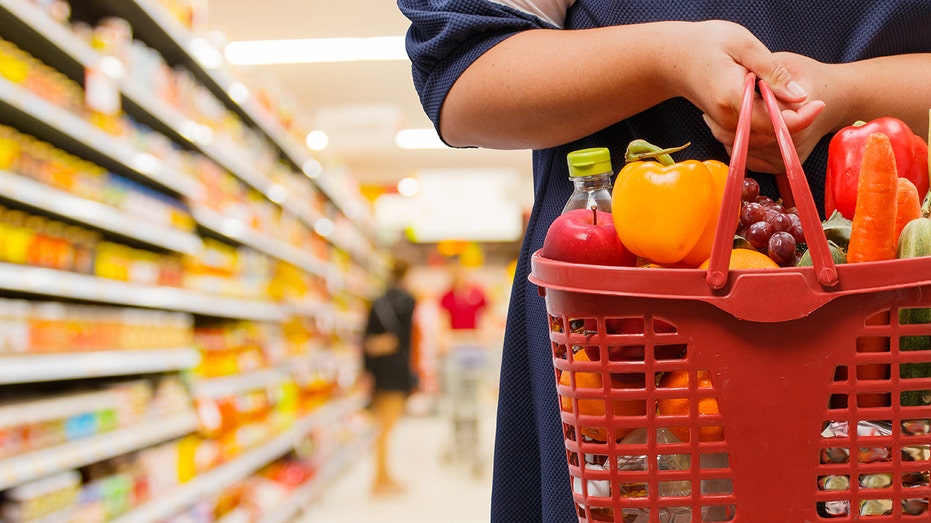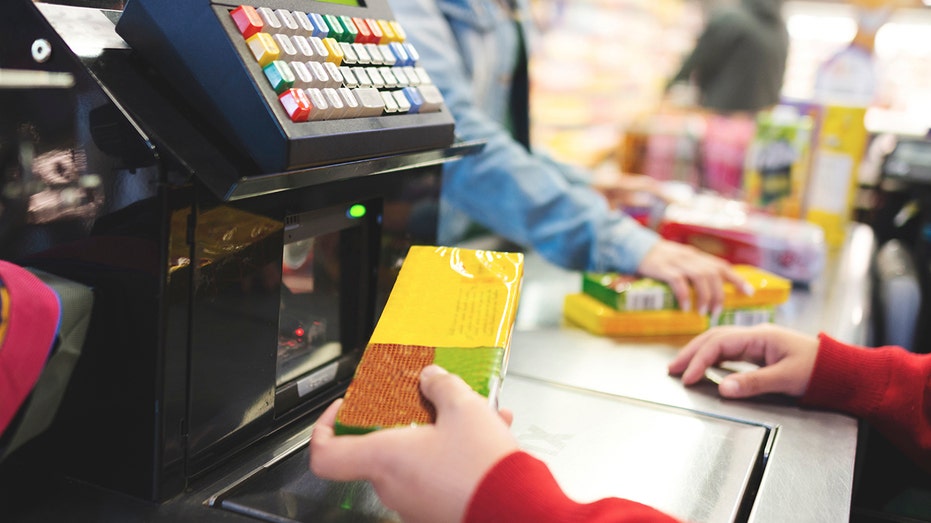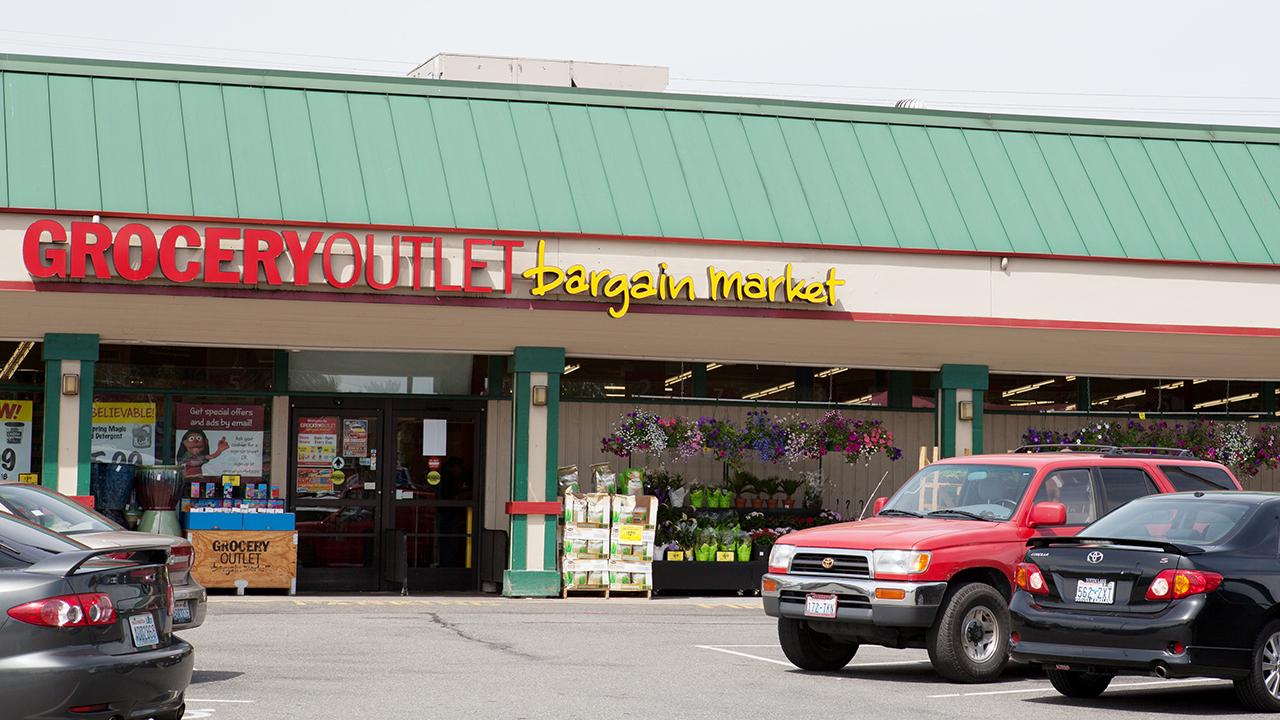Groceries are getting more expensive due to labor shortages across industries
Multiple food staples are rising in cost for a variety of reasons, experts say
Coronavirus led customers to shop more intentionally: Grocery Outlet CEO
Eric Lindberg on Grocery Outlet, coronavirus
Certain grocery items are getting pricier in the U.S. despite coronavirus vaccine efforts.
While the nation slowly attempts to reopen to pre-pandemic levels, retail experts say there are food and labor shortages that are driving up costs for consumers.
According to Nate Rosier, a senior vice president of the supply chain consulting firm enVista, there are "several reasons" why prices are going up in the current market.
"Currently, labor challenges in several sectors are contributing to higher costs and reduced inventory fill rates. Additionally, labor and transportation challenges contribute to the volatility of transportation assets, making it difficult to reach the reliability of inbound shipments that existed pre-COVID," Rosier tells FOX Business. "The culmination of these factors is leading to higher costs and more unstable inventory in grocery stores across the country."
CORONAVIRUS PANDEMIC COULD PERMANENTLY CHANGE GROCERY SHOPPING
The last consumer price index released by the Bureau of Labor Statistics says food staples like fruits and vegetables increased by 1% in the month of March while meat, poultry, fish and eggs went up by 0.7%.
On the opposite end, grocery food items that declined on the index were dairy (-0.5%), nonalcoholic beverages (-0.2%), cereal and baked goods (-0.1%).
When examining the consumer price index in a 12-month period, the BLS noted that the "food at home index" increased by 3.3%.

While the nation slowly attempts to reopen to pre-pandemic levels, retail experts say there are food and labor shortages that are driving up costs for consumers. (iStock)
"All six major grocery store food group indexes increased over the period, with increases ranging from 1.6 percent (dairy and related products) to 5.4 percent (meats, poultry, fish, and eggs)," the BLS wrote in its March report, which was distributed last month.
GROCERY STORE PURCHASE LIMITS ARE BACK
Other current factors that are likely playing a role in rising grocery costs are rising gas prices and a struggling retail workforce, according to Tim Bain – the president and chief investment officer at Spark Asset Management.
"Demand for oil and gas is rising faster than supply as the economy opens up, resulting in higher costs to transport goods," Bain tells FOX Business. "Second, there are still supply chain issues as a result of the pandemic and many workers are choosing to stay home and collect unemployment and stimulus money instead of going back to work. The most recent jobs number highlights this."
In the month of April, the BLS reported that nonfarm-related payroll employment rose by 266,000 jobs instead of the predicted one million jobs economists wrote about in forecasts. This labor shortage includes retail workers, truck drivers and other employees who are essential to the grocery industry.
AMAZON'S WHOLE FOODS WILL NOW LET SHOPPERS PAY BY SCANNING THE PALM OF THEIR HAND

Certain grocery items are getting pricier in the U.S. despite coronavirus vaccine efforts. (iStock)
Additional factors that are making America’s food supply more expensive include severe winter storms that "have eliminated or reduced supply of certain goods" and rising demand from pantry-loading consumers who continue to cook more at home, according to ScanSource’s Director of Channel Marketing at Nell Alverson.
"The shortage in truck drivers has caused an increase in the cost of transportation, and grocery prices will most likely continue to go up this summer until the supply chain levels out," Alverson tells FOX Business. "As with almost any supply chain, the costs ultimately trickle down to the consumer."
GET FOX BUSINESS ON THE GO BY CLICKING HERE
When it comes down to saving money at the grocery store, shopping expert and blogger Trae Bodge recommends budget-conscious consumers look toward loyalty programs, discount apps and savings tools, and credit card reward programs focused on food.
"Certain categories are experiencing price spikes, so it’s a good opportunity to establish some new money-saving habits to use now and continue to use after prices settle back down," Bodge wrote to FOX Business.




















